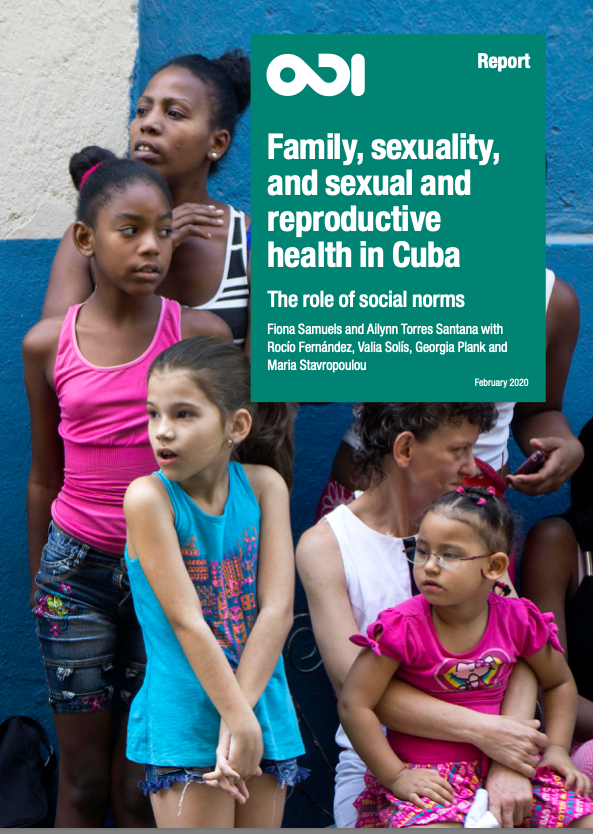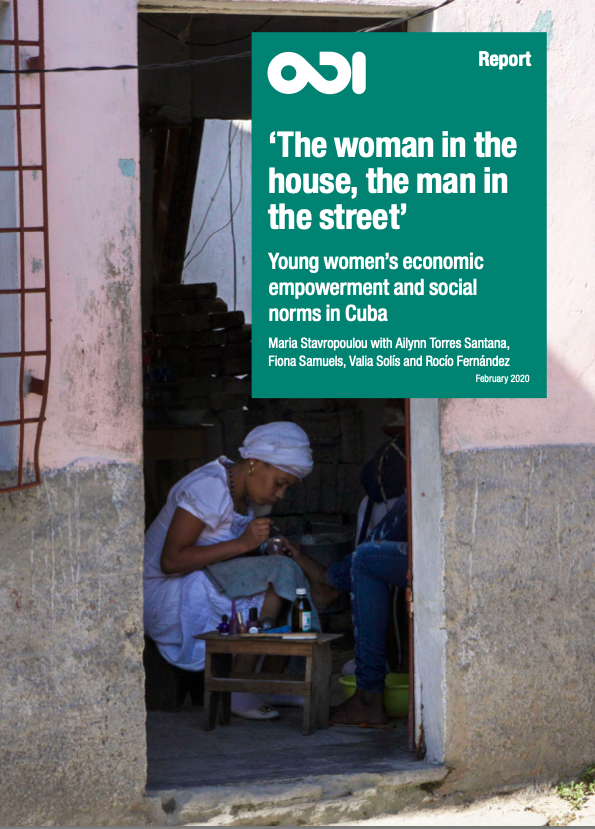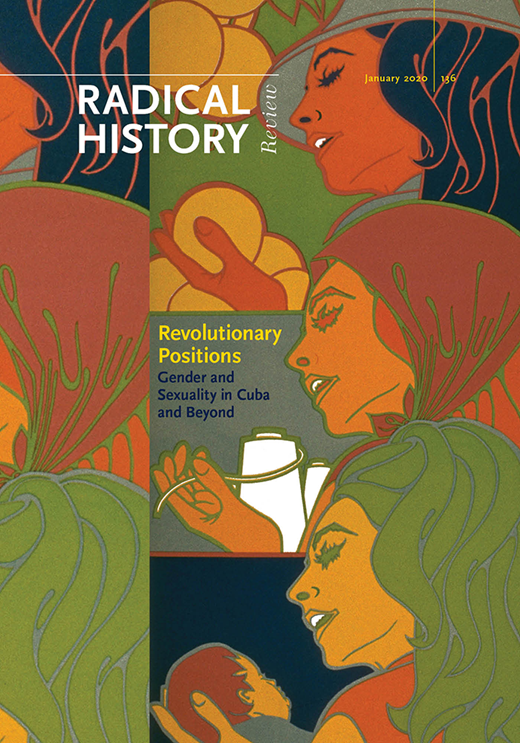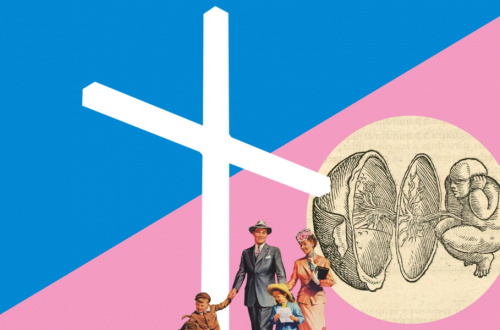Globally, today’s cohort of adolescents and young people (those aged 10–24 years) is the largest ever, and 90% of them live in low- and middle-income countries (LMICs). This study aims to enhance knowledge and evidence on how best to reach poor and vulnerable persons in developing countries, especially women and girls, by exploring the following research questions within the Cuban context:
•What is the relationship between sexual and reproductive health (SRH) and social norms?
•What is the relationship between women’s economic empowerment and social norms?
•What policies and interventions have been implemented to address SRH, women’s economic empowerment and related social norms?
While the themes of SRH and women’s economic empowerment are interrelated, two separate but complementary reports have been produced. This report presents findings from the SRH component and combines findings from a literature review and primary qualitative data collection carried out between December 2018 and January 2019 in Cuba (in Jovellanos and Cárdenas in Matanzas province, and in Los Palos in Mayabeque province).
A total of 74 people were interviewed for the SRH component. Respondents included adolescent girls and young women (aged 15–29), their family members, and service providers. Purposive and snowballing sampling techniques were used. With appropriate consent, all interviews were recorded, translated, transcribed and coded using a qualitative data software package (MAXQDA).
Find the full report here: https://www.odi.org/sites/odi.org.uk/files/resource-documents/cuba_srh_en_web.pdf




